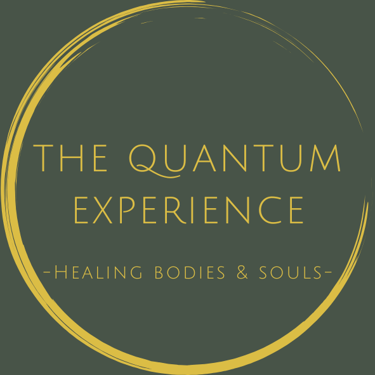Basic Knowledge of Quantum Medicine
2/1/20242 min read


The history of quantum medicine dates back to the concepts and discoveries of quantum physics in the early 20th century. Quantum physics is a branch of physics that studies the behavior of subatomic particles and the laws that govern them.
In the 1920s, scientists such as Max Planck and Albert Einstein laid the foundations of quantum physics by developing theories about the nature of light and subatomic particles. They demonstrated that these particles can simultaneously exhibit undulating and corpuscular behaviours, challenging the classical concepts of physics.
In the following decades, great progress was made in the field of quantum physics, including the formulation of quantum mechanics by scientists such as Erwin Schrödinger, Werner Heisenberg and Paul Dirac. These theories allowed for a deeper understanding of the probabilistic nature of subatomic particles and their interconnection.
In the 1980s, researchers began exploring the application of quantum physics principles to medicine. They suggested that subatomic energy processes and particle interactions could play a key role in health and healing.
Since then, quantum medicine has had a continuous development, with researchers exploring areas such as magnetic resonance, light therapy, sound frequencies, and quantum devices to influence the body’s energy levels.
Some studies and research have shown promising results in quantum medicine, particularly regarding the effect of consciousness on matter, water memory, the energy fields of the body... (I will publish more detailed articles covering each of these topics).
Other studies have also shown that sound vibrations, such as music, singing or therapeutic sounds, can have beneficial effects on the nervous system, stress, relaxation and even healing. Sound therapy, for example, is used in some complementary medicine practices to relieve pain, improve sleep, and reduce anxiety.
Similarly, bioenergy, which studies the energy fields of the body, begins to arouse the interest of researchers to better understand its role in health and disease.
However, it is important to note that quantum medicine remains a controversial field, with differing views within the scientific community. Some believe that this approach is promising and merits further exploration, while others point to the lack of solid scientific evidence to support its effectiveness.
Research in this field continues to better understand the mechanisms and potential effectiveness of quantum medicine.
Contacts
info@the-quantum-experience.net
